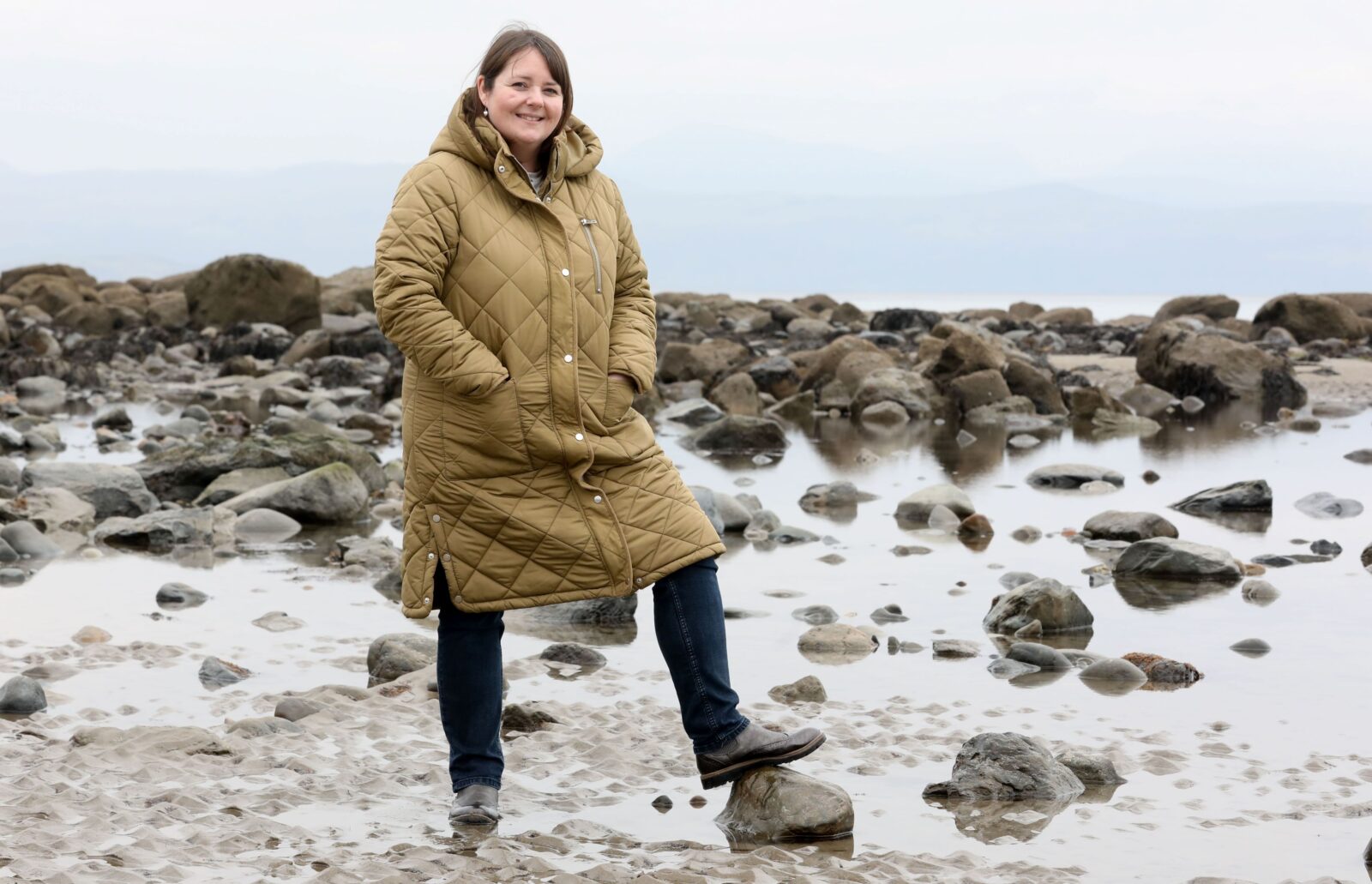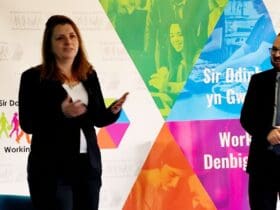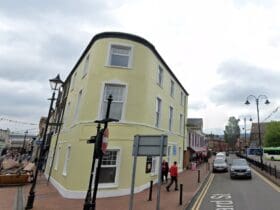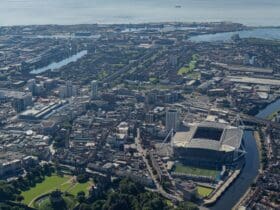A £300,000 campaign has been launched to encourage businesses in Wales’s Welsh-speaking heartlands to use the language to boost their bottom line.
Bwrlwm ARFOR – bwrlwm means buzz or chatter – is reaching out to companies and businesses, from village shops to multi-million pound operations, across the four counties with the highest percentage of Welsh speakers.
It is part of the £11 million Welsh Government ARFOR Two scheme that’s targeting the Welsh strongholds of Ynys Môn, Gwynedd, Ceredigion and Carmarthenshire to use the language to boost entrepreneurship and economic development.
The aim is to create opportunities for young people and families to help them stay in or return to their home communities and is part of the Welsh Government’s Welsh language strategy, Cymraeg 2050, which aims to ensure there are a million Welsh speakers by 2050.
The project, which runs until the end of March next year, is being run by fast-growing consultancy firm Lafan whose Lead Consultant Zoe Pritchard aims to support communities in those counties use Welsh as a business advantage.
She said: “We want to create a buzz around the use of Welsh in a business or commercial environment and how it can help businesses thrive and provide careers for our young people so they don’t feel they have to move away.
“It’s aim is to celebrate the Welsh language and show that it is not a museum piece but can have real benefits and relevance to businesses here across the four counties.
“We want to create plenty of noise and a buzz to stimulate good discussions around encouraging businesses to use Welsh and that’s it’s a real benefit to businesses across various sectors because people who visit Wales do want to feel they’ve come somewhere different, somewhere with its own language, identity and culture.
“Our focus is also on showcasing the many businesses across the four counties which make good use of the language and to use it with confidence and pride.
“They offer great service, they employ Welsh-speaking staff and for the tourism sector it’s a no-brainer because it’s a unique selling point.
“People like history and heritage and to learn about different cultures and in Wales we have a living, breathing language and culture so using Welsh is a massive benefit.
“The other factor is that if we don’t use Welsh or have the language actively seen or heard in shops and businesses across the ARFOR area, then we may be losing out as an economy.”
The £11 million ARFOR Two scheme was launched in 2022 in succession to the 2019 ARFOR programme to continue to strengthen and promote the economic resilience of the Welsh language in the four counties with the highest levels of Welsh speakers, and is financed by the Welsh Government..
The 2021 Census showed that Gwynedd with 64 per cent of the population able to speak Welsh and Anglesey, 56 per cent, have the highest ratio of Welsh speakers followed by Ceredigion, 45 per cent, and Carmarthenshire, 40 per cen.
Numbers are declining slowly, down one per cent since the 2011 Census, and that’s true of the ARFOR area except for Gwynedd but that’s something Bwrlwm ARFOR aims to address.
Zoe added: “The project aims to showcase the economic benefits that speaking Welsh and promoting the language in businesses can have.
“The fact is that not using Welsh or at least having the language on show can cost money by losing out on that Welsh audience.
“It’s about welcoming local people and honouring that identity and the evidence is that visitors to Wales appreciate the fact that it is a country and culture that has its own identity and language.
“The fact is that if businesses do nothing then it’s likely to cost them money.”
ARFOR Two is part of the Welsh Government Co-operation Agreement with Plaid Cymru and follows an earlier ARFOR programme launched in 2019.
It is intended to provide economic support to communities that are strongholds of the Welsh language, increase opportunities to see and use the Welsh language on a daily basis and help young people under the age of 35 to stay in or return to their communities.








Leave a Reply
View Comments